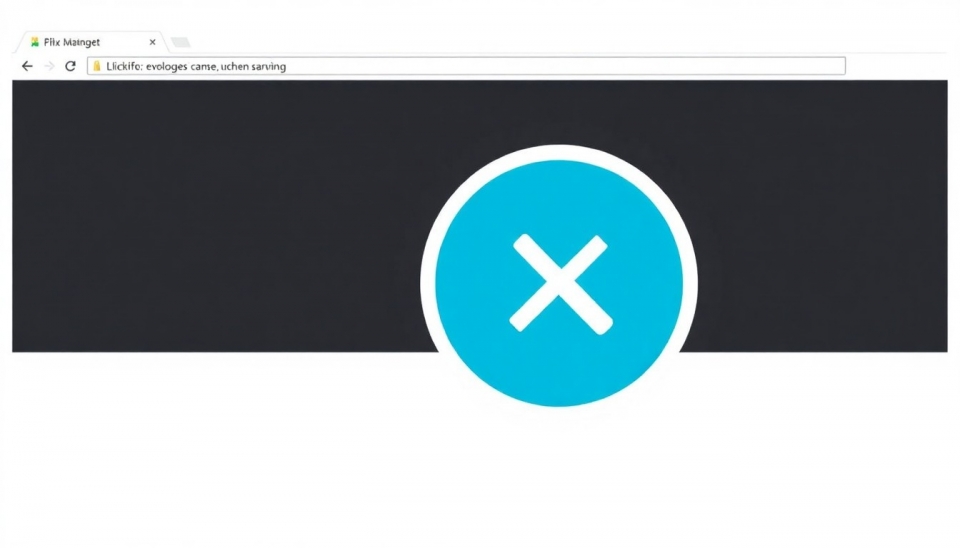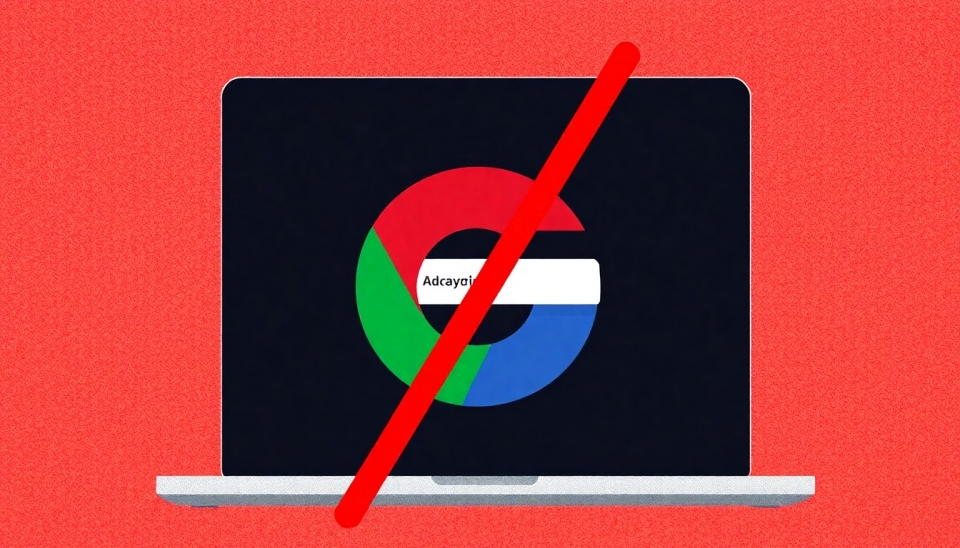
Emergency Chrome Security Update Amid Cyber Espionage Threats
According to recent reports, Google has released an emergency security update for its Chrome browser. This action was taken in response to identified vulnerabilities that could be exploited by cyber spies to gain access to users' personal information. The company's developers note that the vulnerabilities affect all browser versions and pose a serious threat to online data security.
Continue reading
Your iPhone May Be Hacked: Exposing Fake Security Alerts
Many iPhone users face security threats in the form of alarming notifications or alerts that may indicate the need to update the system or suggest that the phone has been hacked. However, experts note that most of these notifications are fake and not related to real threats.
Continue reading
The Future of Fraud: How Generative AI Makes Users Vulnerable
In recent years, the use of generative artificial intelligence (AI) has gained significant attention across various fields, but its application also opens the door to a new kind of fraud. Experts warn that AI-based technologies can be exploited by criminals to create convincing fakes, making users more susceptible to fraudulent schemes.
Continue reading
New ClickFix Malware Tricks Users into Infecting Their Own PCs
Cybersecurity experts have identified a new piece of malware called ClickFix that deceives users into willingly installing it on their computers. Any Windows user can fall victim to this malware by accidentally clicking on a fraudulent link or file. ClickFix can not only lock access to files but also install additional threats, making it particularly dangerous.
Continue reading
The Threat of Document Conversion Sites: FBI Warns of Malware Spread
The Federal Bureau of Investigation (FBI) has issued a warning regarding the increasing threat posed by websites offering document conversion services. In its statement, the agency claims that these online services can be used as a vehicle for spreading malicious software. Such sites, which at first glance appear safe and convenient for transforming files into various formats, may actually be a ruse that allows cybercriminals to infect users' devices with malware.
Continue reading
How to Protect Your Daughter from Deepfakes and Online Abuse
In recent years, the online space has become a battleground for various threats, particularly for youth. One of the most significant dangers adolescents face today is deepfakes - technology capable of manipulating images and videos to create plausible yet false content. These tools can be used to generate defamatory or even pornographic materials targeting women and girls. In light of this issue, parents must take steps to protect their daughters from potential online threats.
Continue reading
Temptations and Risks of Free Wi-Fi: What You Need to Know
With the widespread adoption of technology and the increasing number of internet-enabled devices, access to Wi-Fi has become commonplace. Free Wi-Fi in cafés, airports, and other public places attracts users, but it also creates risks for their security and privacy. Experts warn against using open networks, as they can be easy prey for hackers and scammers.
Continue reading
How to Protect Yourself from Potential Stalking: Safety Tips
Modern technology offers vast opportunities for interaction, but it also opens up new risks for personal safety. Regular incidents of stalking and harassment pose real threats, and individuals of any age and gender can fall victim. It is essential to know how to protect yourself from such dangers and how to act if you feel threatened.
Continue reading
Dangerous Chrome Extensions Mimicking Password Managers
A recent study has unveiled a range of dangerous extensions for the Google Chrome browser that mimic popular password managers. These extensions can pose a serious security threat to users, as they are disguised as well-known and trusted services. Cybercriminals have created applications that can steal users' personal data, including passwords and financial information, under the pretext of being used for password management.
Continue reading
Millions at Risk: Hacked Browser Extensions Expose Personal Data
A recent investigation in the cybersecurity field has uncovered that 16 browser extensions available for download in the Chrome and Firefox stores have been compromised. These dangerous add-ons have managed to put the data of more than 3.2 million users at risk. The hacked extensions were used to gain access to user accounts and collect personal information, including confidential data.
Continue reading